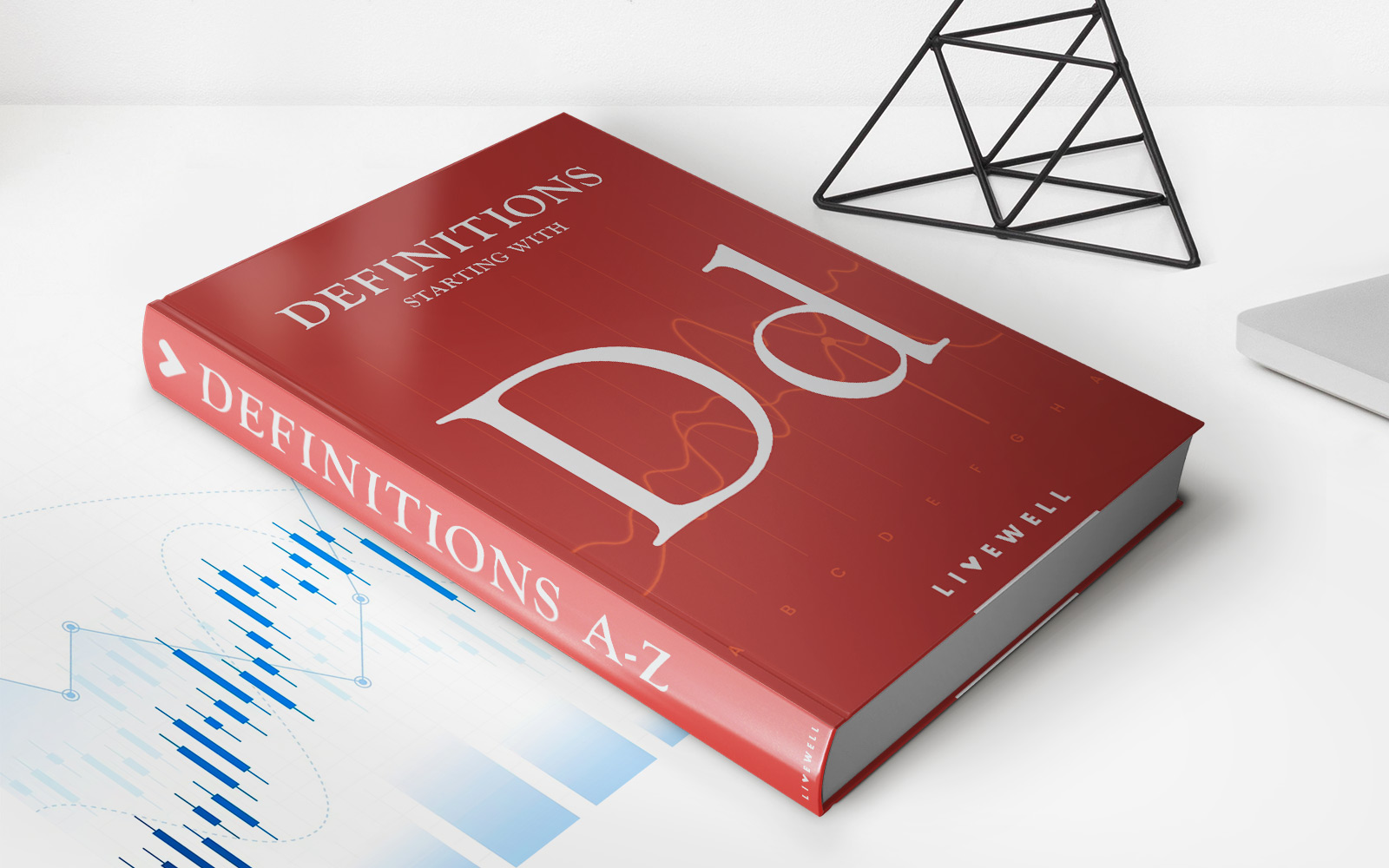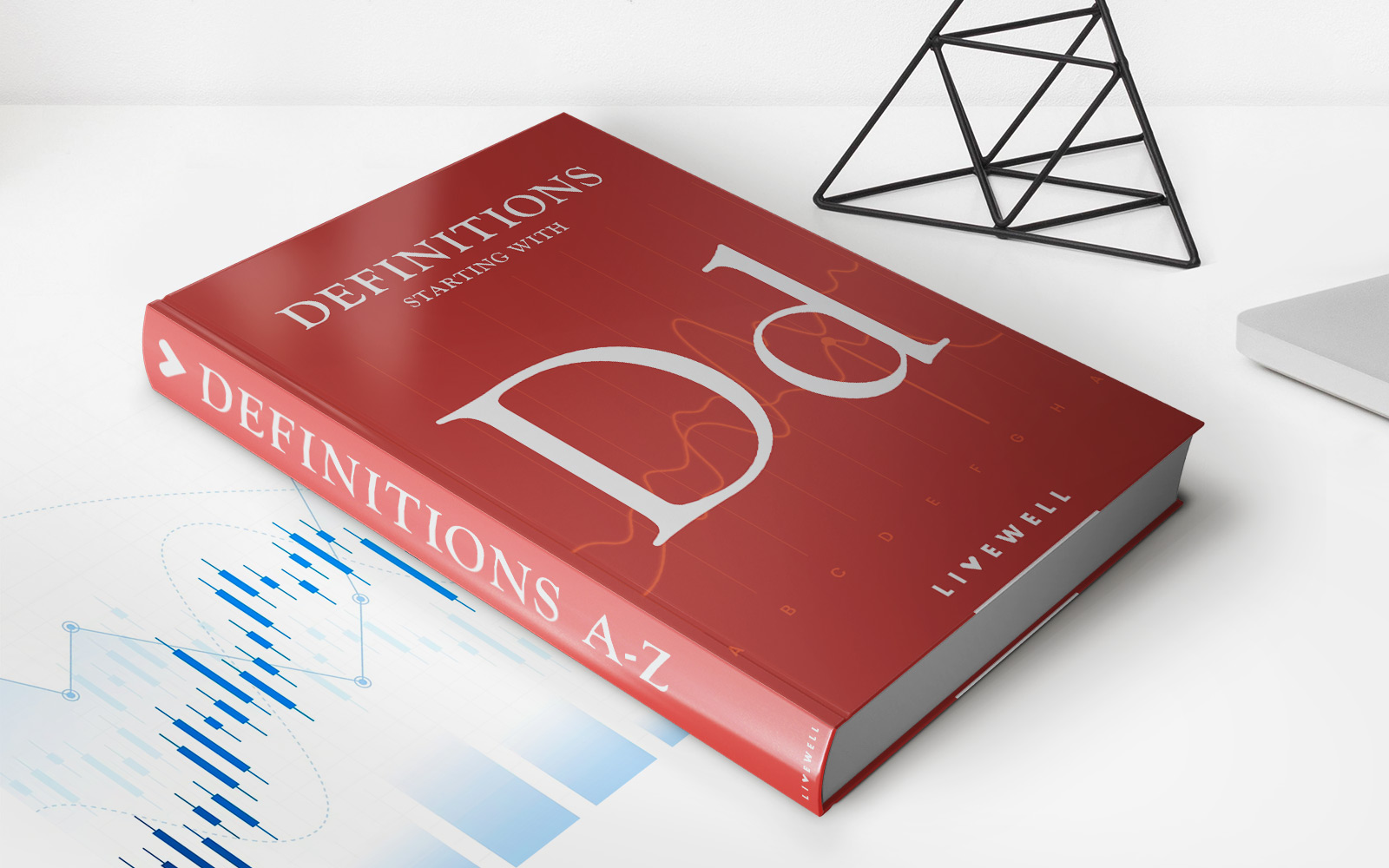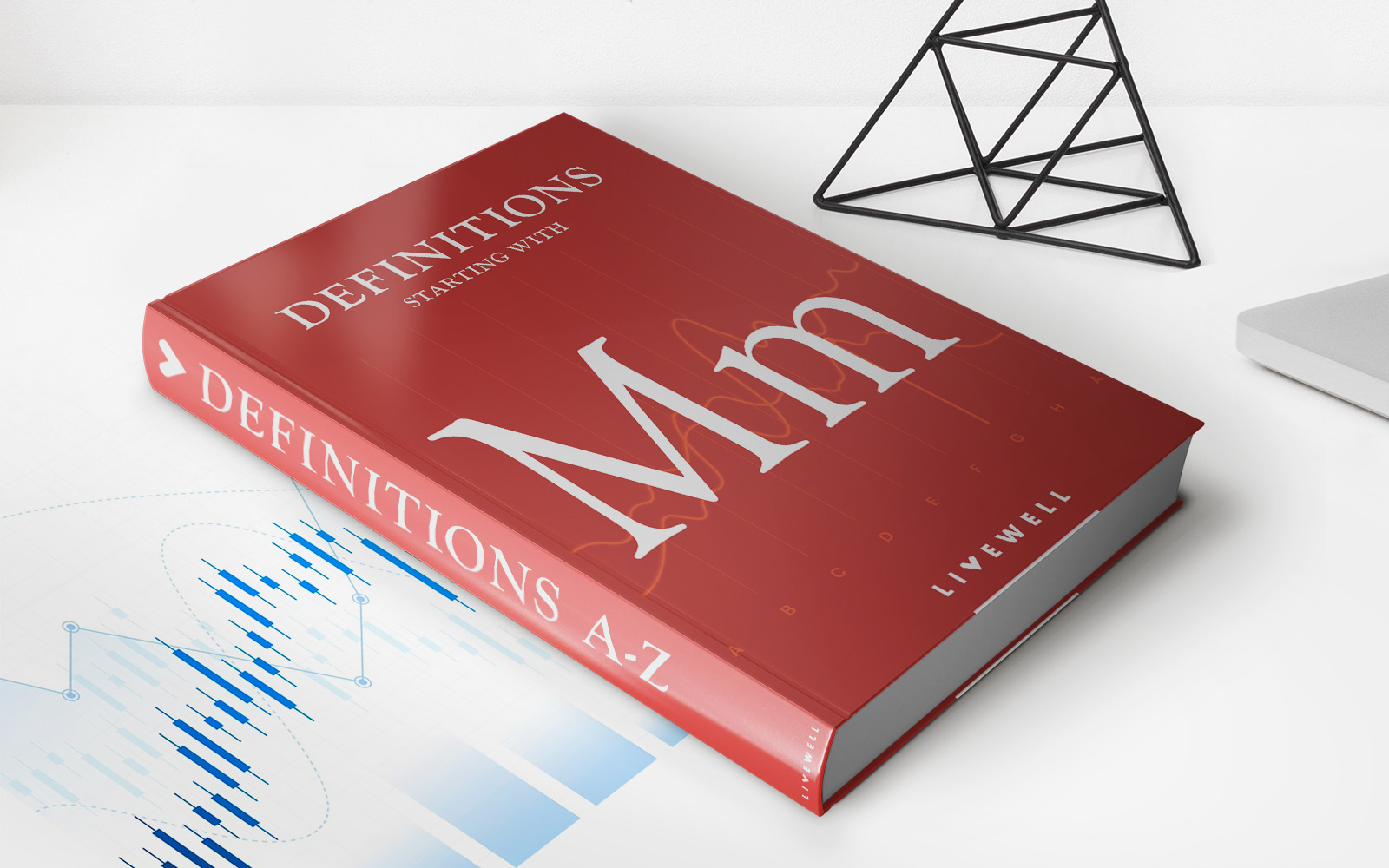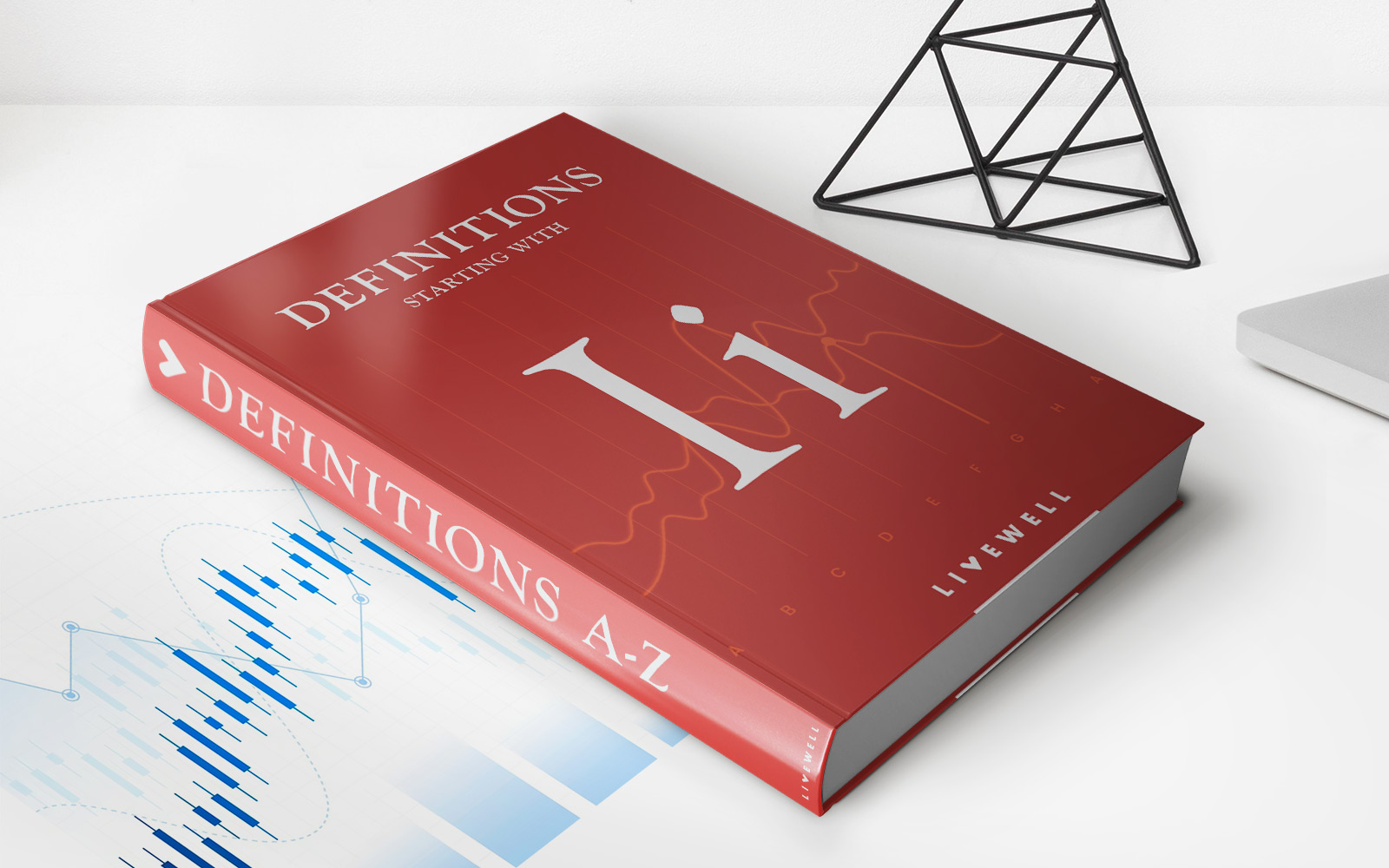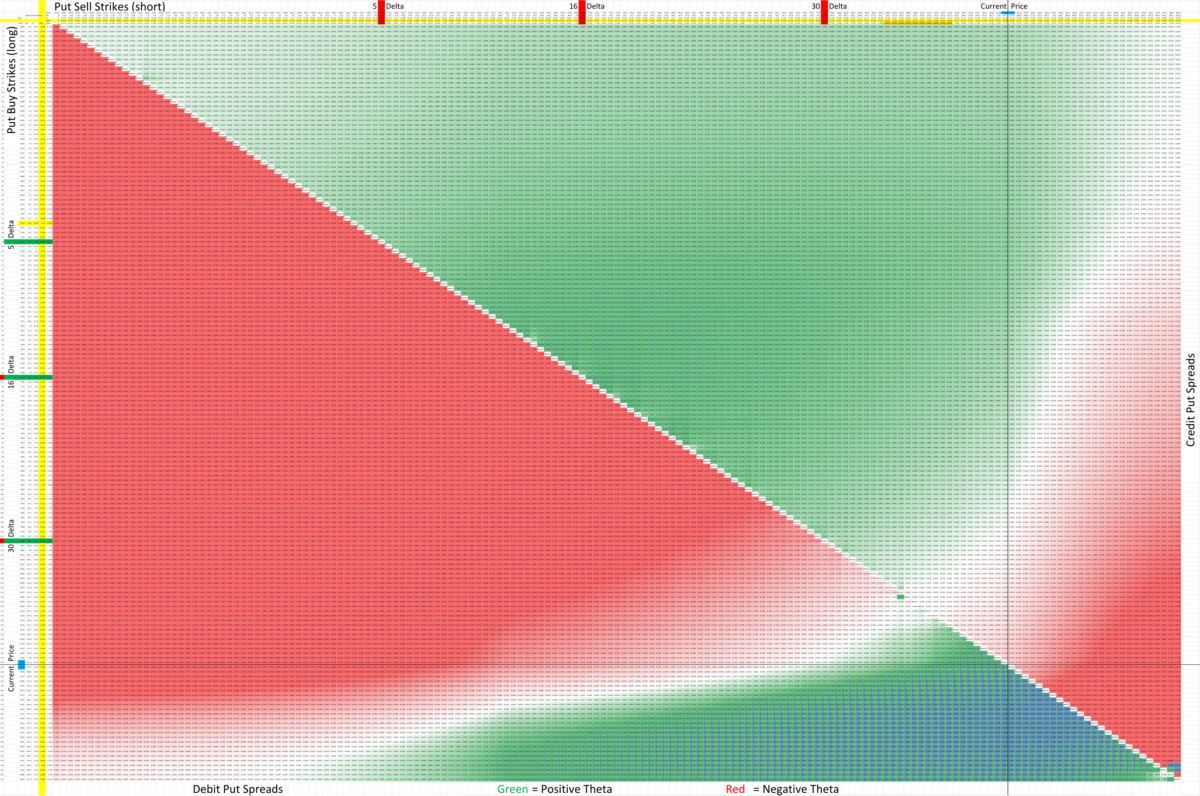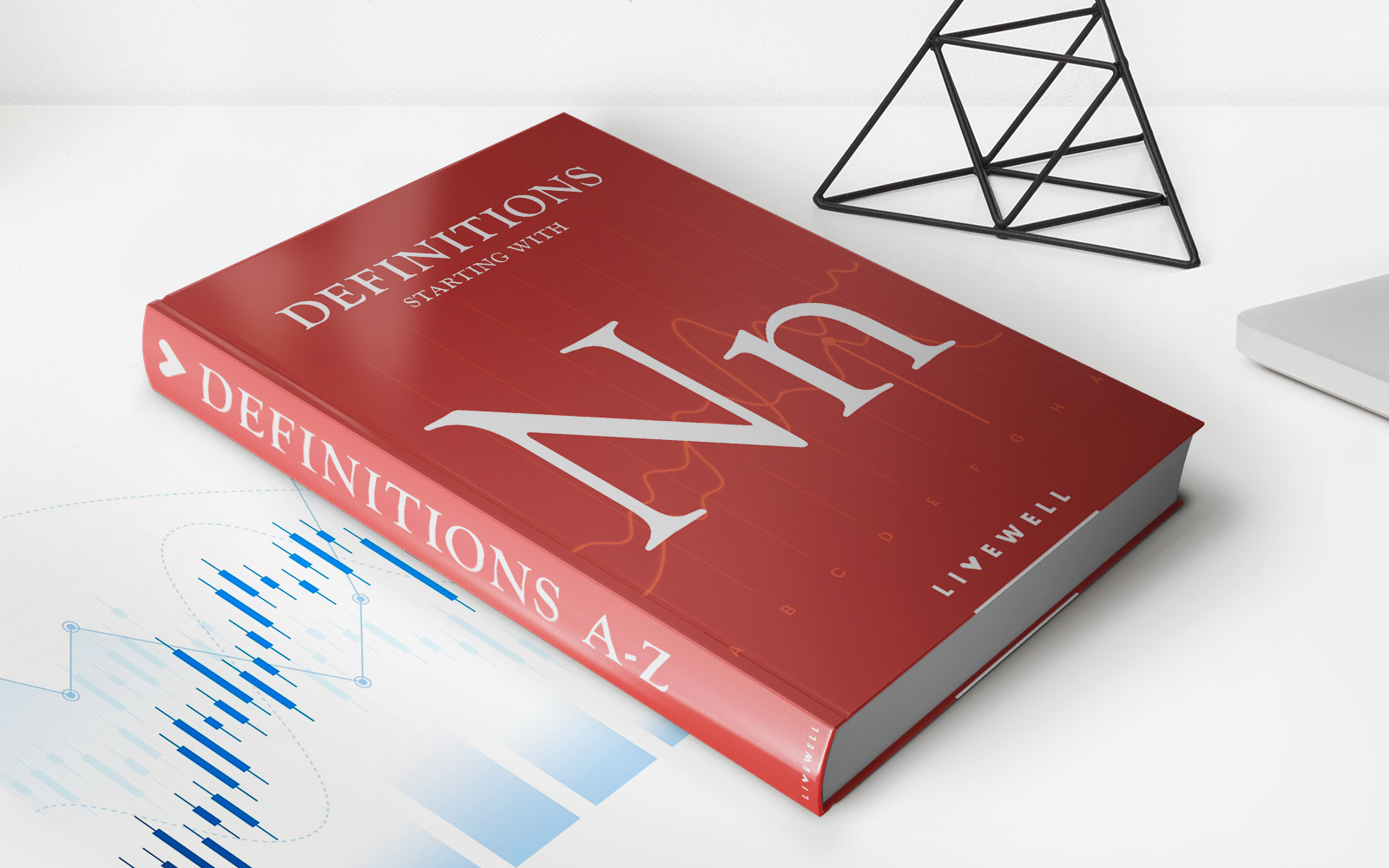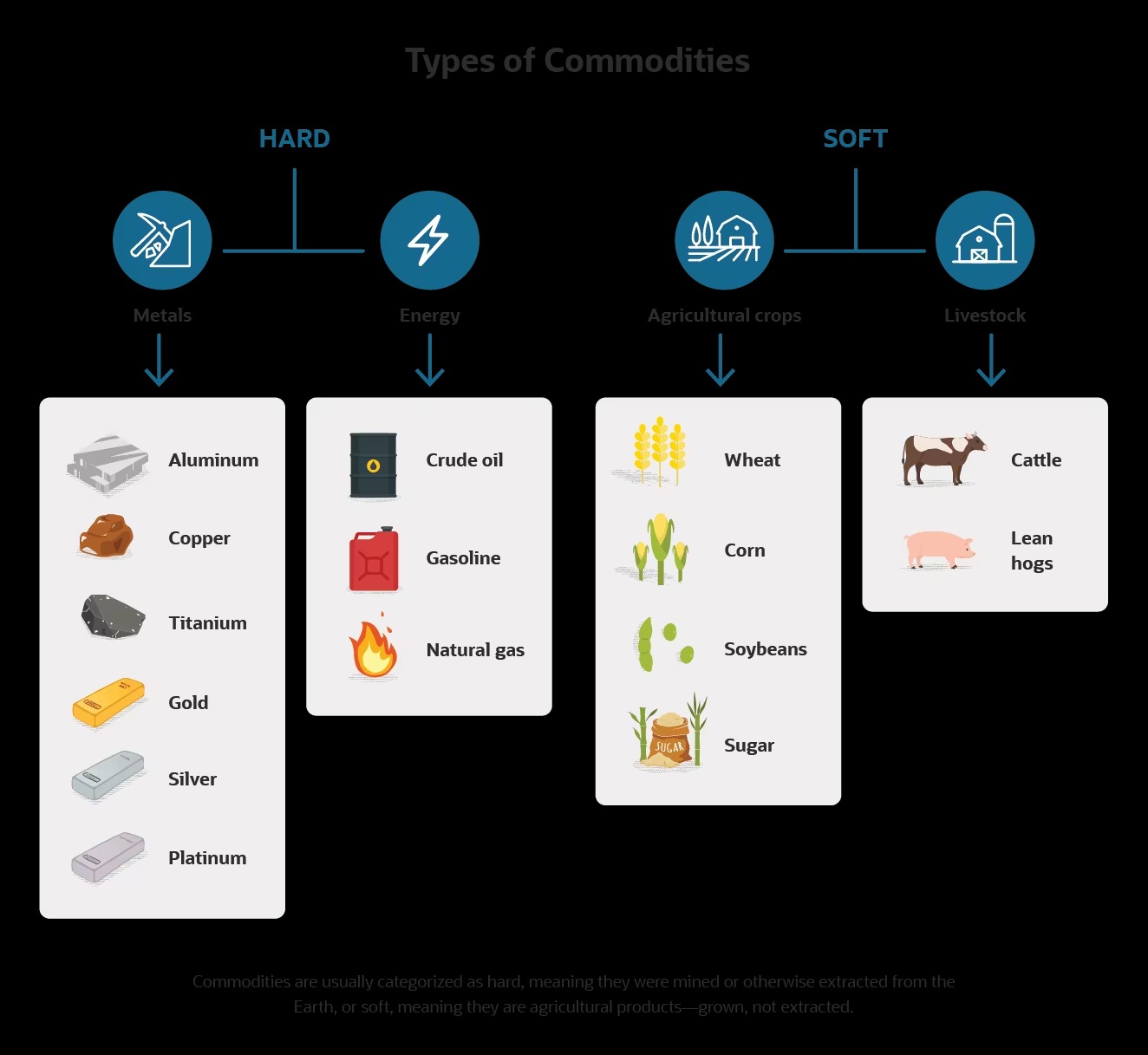Home>Finance>What Is Debt Security? Definition, Types, And How To Invest
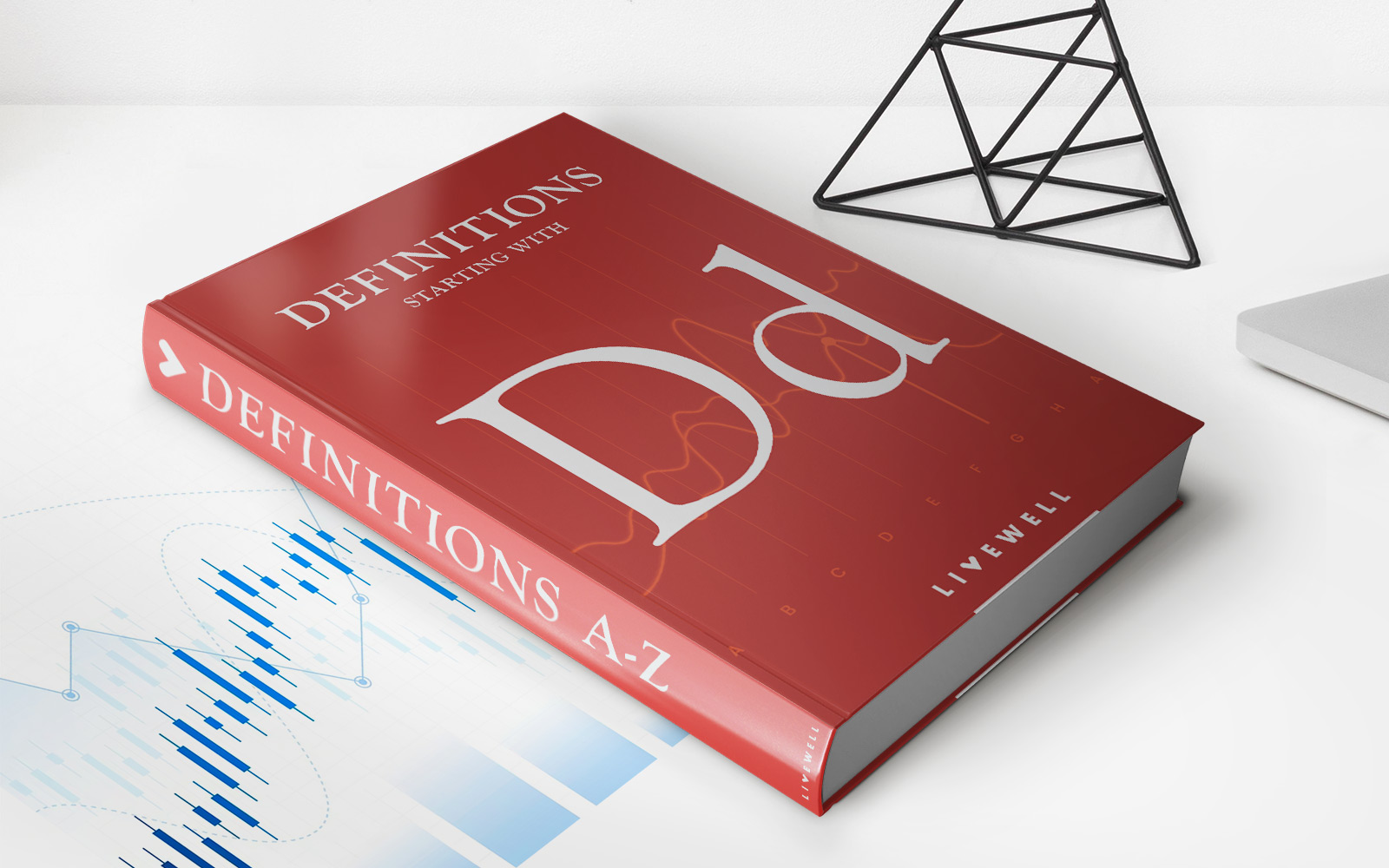

Finance
What Is Debt Security? Definition, Types, And How To Invest
Modified: February 21, 2024
Learn the definition, types, and investing strategies of debt securities in finance. Discover how to invest wisely in these financial instruments.
(Many of the links in this article redirect to a specific reviewed product. Your purchase of these products through affiliate links helps to generate commission for LiveWell, at no extra cost. Learn more)
Understanding Debt Security: A Guide to Investing
When it comes to personal finance, understanding the various investment options is crucial. One such investment category is debt security. In this blog post, we will delve into the definition of debt security, explore its different types, and learn how to invest in this financial instrument.
Key Takeaways:
- Debt security refers to a financial instrument that represents a loan made by an investor to a borrower.
- There are several types of debt securities, including bonds, treasury bills, and certificates of deposit.
What is Debt Security?
In simple terms, debt security is a type of financial instrument that represents a loan given by an investor to a borrower. Debt securities are typically issued by corporations, municipalities, and governments to raise capital for various purposes. In return for lending their money, investors receive periodic interest payments and the repayment of the principal amount at maturity.
Types of Debt Security:
Let’s now explore some of the most common types of debt securities:
- Bonds: Bonds are one of the most well-known types of debt securities. They are issued by corporations or governments to raise capital. Bonds have a fixed interest rate and a maturity date, at which point the principal amount is repaid to the investor. They are considered relatively low-risk investments.
- Treasury Bills: Also known as T-bills, treasury bills are short-term debt securities issued by governments. They have a maturity of less than one year and are considered to be among the safest investments. T-bills are widely used for liquidity management and as a benchmark for short-term interest rates.
- Certificates of Deposit (CDs): Certificates of deposit are debt securities issued by banks and other financial institutions. They have a fixed maturity date and offer a fixed interest rate. CDs are considered to be a low-risk investment option, making them popular among conservative investors.
- Commercial Paper: Commercial paper is a short-term debt security issued by corporations to fund their short-term liquidity needs. It usually has a maturity of less than 270 days. Commercial paper is typically issued at a discount from its face value and does not pay periodic interest.
How to Invest in Debt Securities:
If you’re interested in investing in debt securities, here are a few steps to get started:
- Educate Yourself: Before investing, make sure you understand the different types of debt securities and their risk profiles. Research and stay updated with the latest market trends.
- Set Investment Goals: Determine your investment goals, such as income generation or capital preservation. This will help you choose the most suitable debt securities for your portfolio.
- Consult a Financial Advisor: Seek guidance from a financial advisor who can assess your investment needs and provide personalized advice.
- Diversify Your Portfolio: Spread your investments across different types of debt securities to minimize risk.
- Monitor Your Investments: Regularly review your debt security investments and make necessary adjustments based on changing market conditions.
By following these steps and staying informed, you can make informed decisions when it comes to investing in debt securities and potentially grow your wealth over time.
Now that you have a better understanding of debt security, its types, and how to invest, you can explore this financial instrument as part of your investment portfolio. Remember to conduct thorough research, assess your risk tolerance, and seek professional advice to make sound investment decisions. Happy investing!
